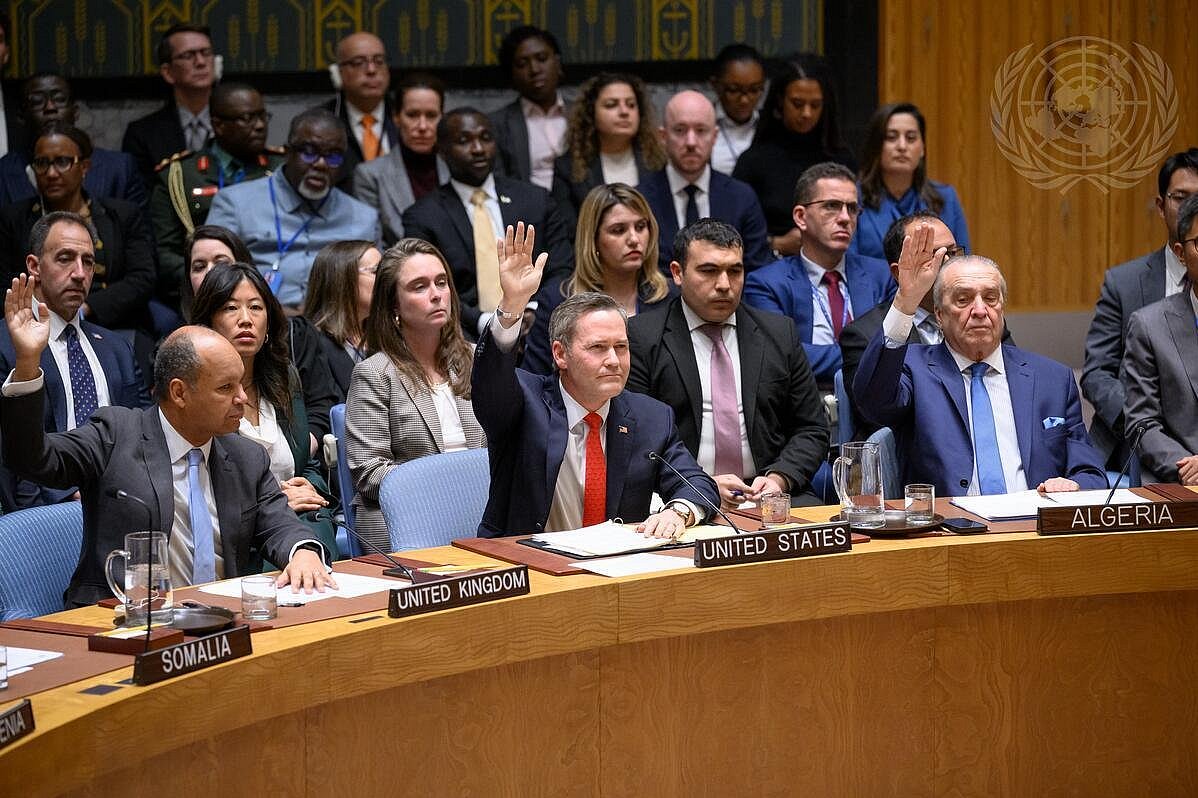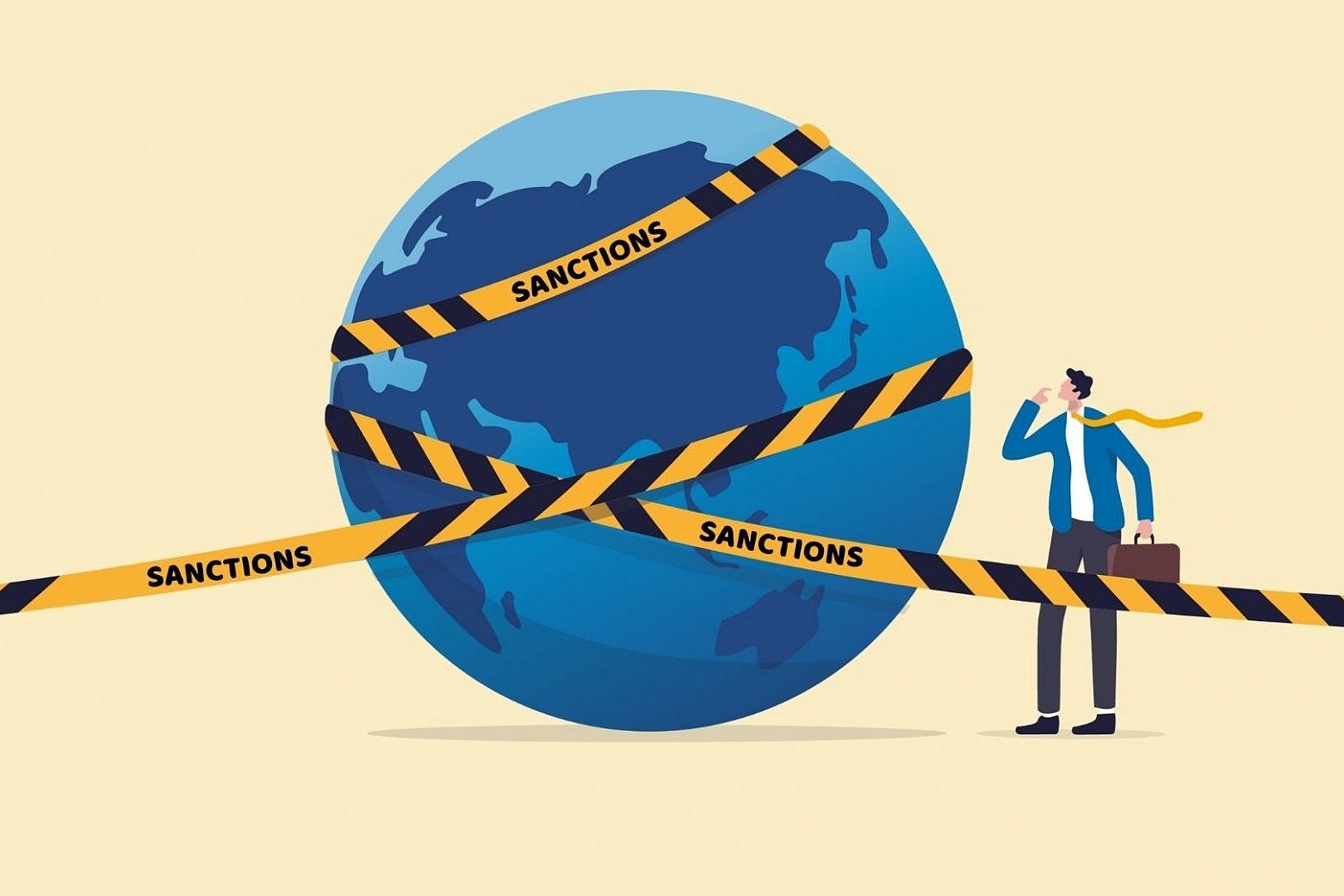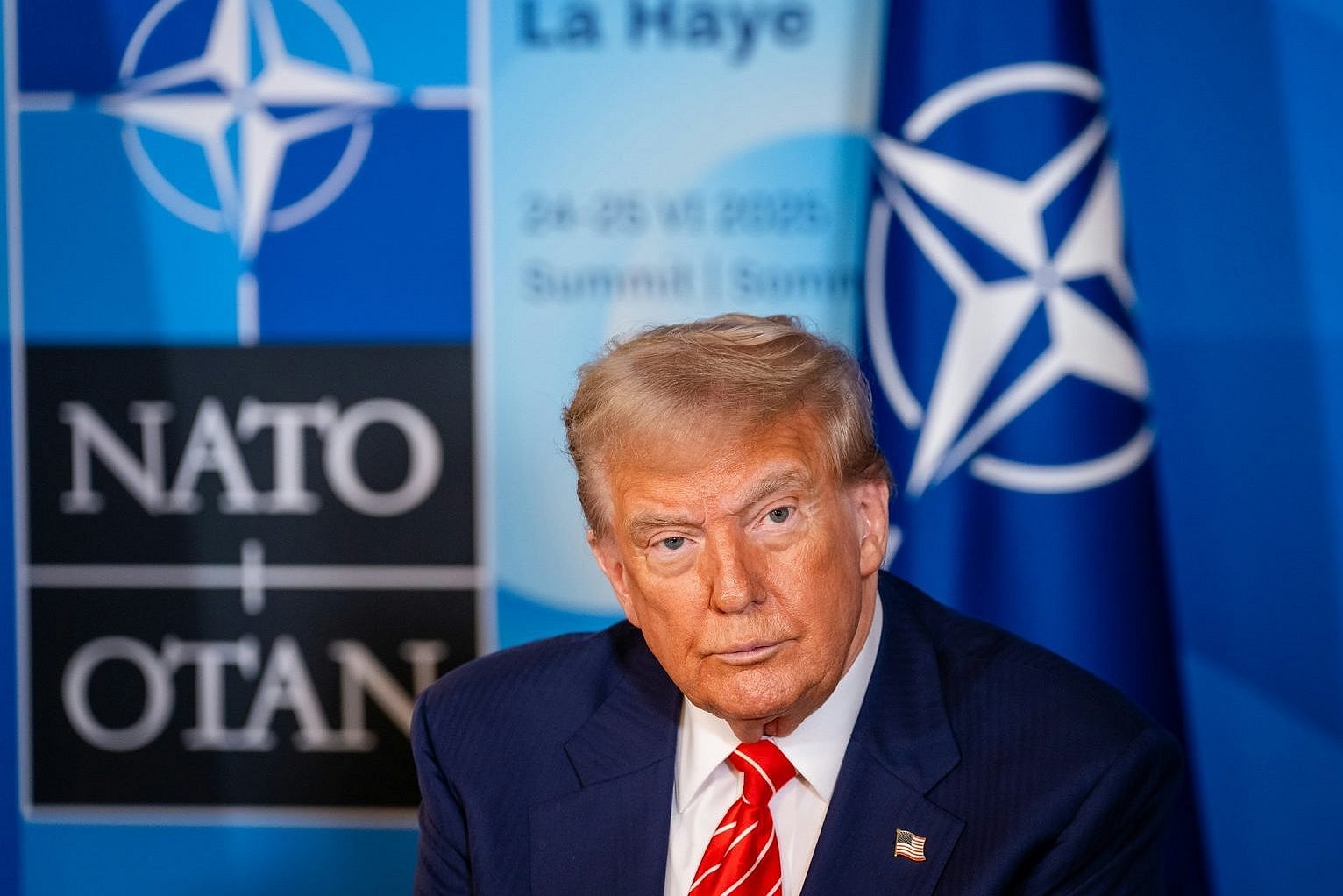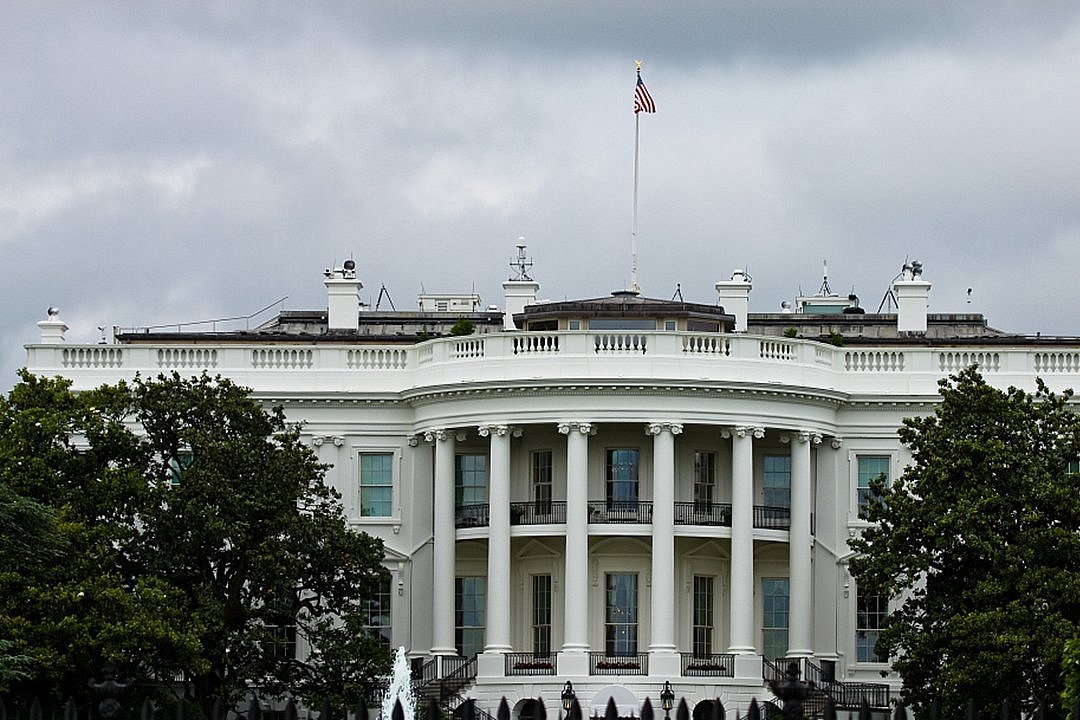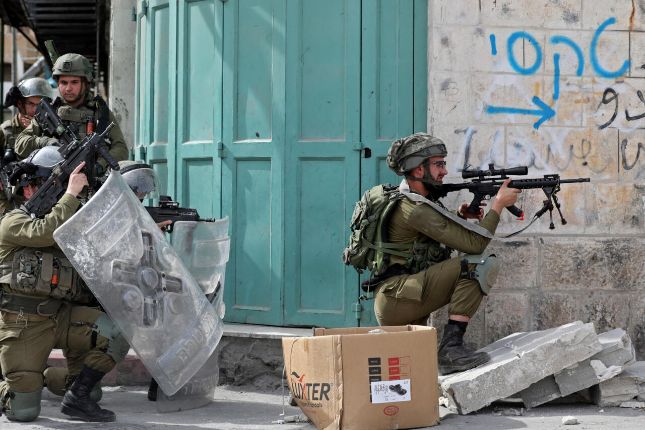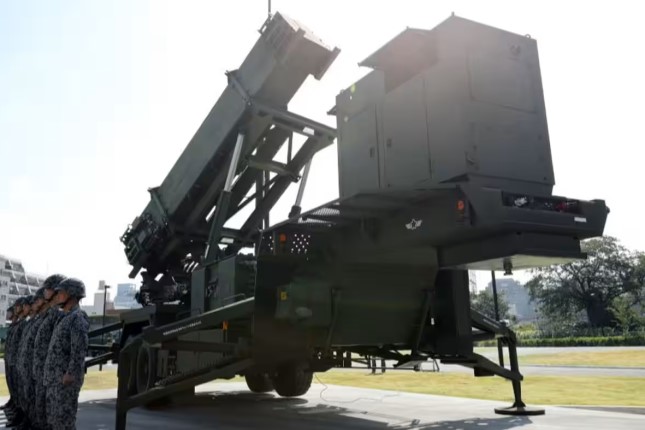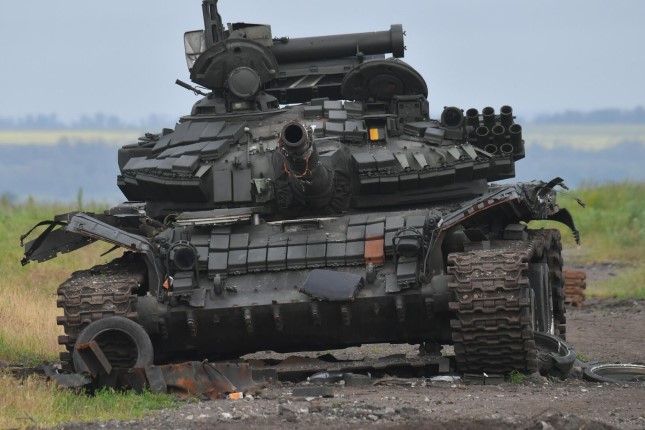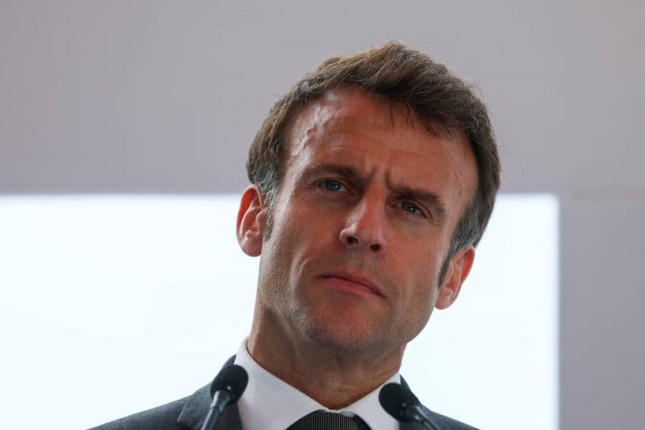The United Nations Security Council on Monday adopted a resolution that gives the world body’s imprimatur to Donald Trump’s plan for Gaza, a territory he said publicly should be ethnically cleansed to develop a Mediterranean resort.
The council voted 13 nations in favor with two abstentions from China and Russia, which could have vetoed Trump’s plans.
The resolution essentially revives the colonial mandate system of the League of Nations after the First World War, and the United Nations’ trusteeship system after the Second World War, both schemes in which colonial powers remained in charge of a colonized territory while it was supposed to wean it towards independence.
The resolution that passed on Monday says “conditions may finally be in place for a credible pathway to Palestinian self-determination and statehood.”
The resolution “welcomes” the establishment of a Board of Peace (BoP) “as a transitional administration” in Gaza to coordinate reconstruction. The resolution authorizes the board to set up a temporary International Stabilization Force (ISF) in Gaza “to deploy under unified command acceptable to the BoP.” Though the resolution does not say who will head the BoP, Trump has made it clear that he would be running it himself.
Nations will contribute troops to the force “in close consultation and cooperation” with Egypt and Israel. But it will be Donald Trump who ultimately gets to call the shots of this international military force.
Among the Trump-run forces’ tasks is to demilitarize Gaza by decommissioning weapons and destroying military infrastructure. In a statement reacting to the resolution, Hamas said: “The resolution imposes an international guardianship mechanism on the Gaza Strip, which our people and their factions reject.” Hamas says it has a legal right under international law, which it does, to resist Israel’s occupation with force if necessary.
If the stabilization force actually tries to disarm Hamas we could be looking at armed combat between them. The U.N.-approved force would in essence then be taking up the unfinished job of the Israel Defense Forces (IDF) to defeat Hamas.
In step with Hamas’ disarmament, the IDF is supposed to withdraw from Gaza, according to the measure. An annex to the resolution says Palestinians cannot be forcibly expelled from Gaza and Israel can neither annex nor continue to occupy Gaza, according to the remarks to the council by Algeria’s ambassador.
An expert Arab committee with take part with Trump’s board in running Gaza until the Palestinian Authority takes full control. Israel took part in the meeting as a guest but did not have a vote.
Why Russia Abstained
The U.S. draft resolution initially did not mention possible future, Palestinian sovereignty, but it was added after opposition from Arab states and other countries. That addition allowed the Arabs, and importantly the Palestinian Authority, to back the resolution. That led Russia, which had opposed the initial draft, to drop the threat of its veto and China joined in abstaining.
In his explanation of his vote to the Council, Russian Ambassador Vassily Nebenzia complained that the stabilization force would not coordinate with the Palestinian Authority.
“This may entrench the separation of the Gaza Strip from the West Bank, and it is reminiscent of colonial practices and the British mandate for Palestine granted by the League of Nations, when the opinions of the Palestinians themselves were not taken into account whatsoever,” he said.
Nebenzia also raised an alarm about the force become engaged in the war. “The resolution … confers on the ISF such extensive peace enforcement mandate that the Mission may actually transform into a party to the conflict going beyond the confines of peacekeeping,” he said. The Russian envoy blamed the U.S. for “arm-twisting in capitals or pressuring delegations here in New York,” which he said can “hardly be called working in good faith.”
Nebenzia said:
“In essence, the Council is giving its blessing to the US initiative relying exclusively on Washington’s honor, we leave the Gaza Strip at the mercy of the Board of Peace and the ISF, whose working methods are still unknown to us.
The most important thing here is making sure that this document does not become a smokescreen for unbridled experiments by the US and Israel in the occupied Palestinian territory (OPT) nor turn into a death sentence for the two-state solution.” … There is no cause for celebration: today is a sorrowful day for the Security Council. Besides the wishes of the parties concerned, there is also such notion as the integrity of the Security Council. And today, with the adoption of this resolution, that integrity and the prerogatives of the Council have been undermined. …
Regrettably, we’ve already had the unfortunate experience when decisions on the Palestinian-Israeli conflict, which were pushed through by the US, led to the opposite to what was intended. Don’t say we didn’t warn you.
PA & Arabs Agree
The PA has long collaborated with Israel in its occupation of the West Bank. Its long-standing opposition to Hamas’ resistance makes it amenable to the United States taking control of Gaza to run it with Israel if the Authority is given a seat at the table.
That, however is not a sure thing as the extremists in Israel’s cabinet blew a fuse when it saw that a mere mention — a throwaway line — about some distant possibility of recognizing Palestine was added to the resolution. Netanyahu himself on Sunday reiterated his opposition to the Palestinian state and vowed that it would never come to pass.
How his government will proceed with U.S. administration of Gaza will be of the greatest interest. As Netanyahu is loudly insisting that Hamas will disarm the “easy way or the hard way,” it will bear watching whether the IDF, which occupies half of Gaza, and the international force, with the Palestinian Authority’s blessings, join arms to fight Hamas to crush the last of the violent resistance to Israeli dominance over Palestine.
Source: Consortium News.
